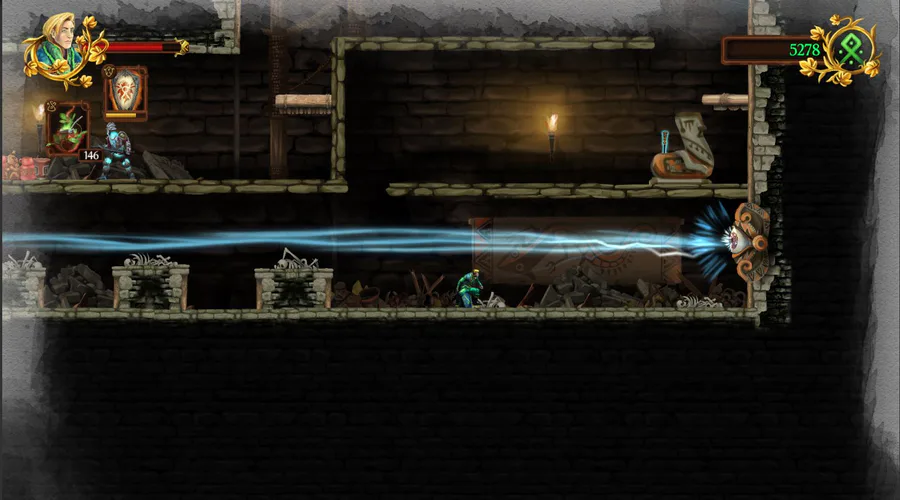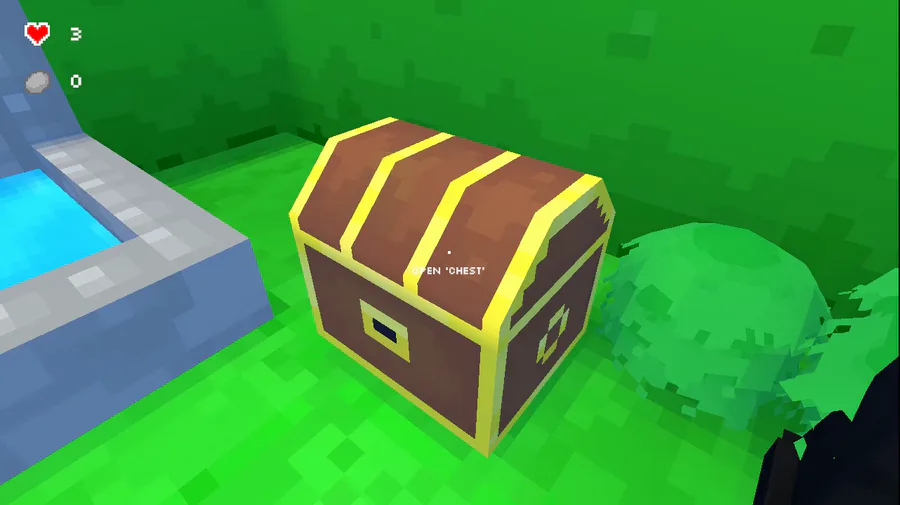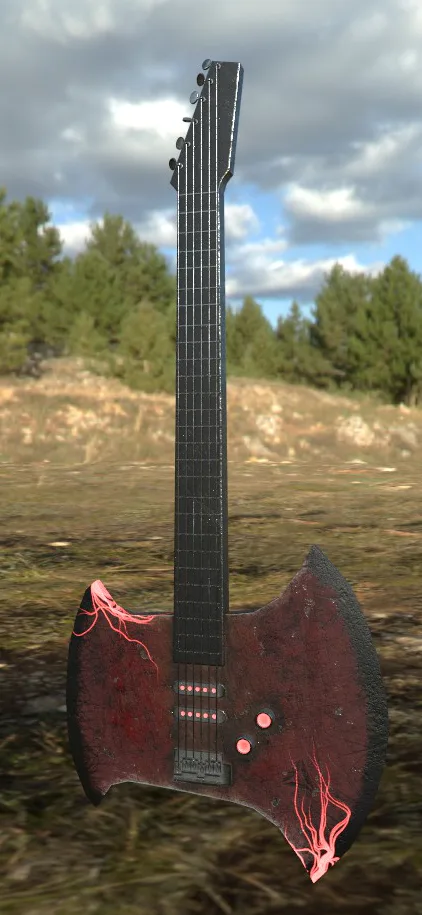For a long time, RPGs of various genres have included respawn mechanics in order to make up for a lack of hand placed content.
The good and bad.
The good thing about respawn mechanics is that they can achieve an arcade feel, and a certain level of replay value.
The bad thing is, respawn mechanics are easily recognised in RPGs, and are swiftly exploited by players.
This respawn exploitation has become a part of what modern RPGs are, to a degree.
The Elder Scrolls is a series that shows this through the progression of each of their games.
A lot more things respawned in Skyrim than they did in Morrowind.
But over the years, Adventure Fantasy games like Elder Scrolls employed more and more light hearted mechanics such as respawning items and world entities to give the feeling of an open living world, but in doing so, they have reached a point where is does just the opposite of the intended effect.
When you kill a living creature in an open world game, that creature’s life feels less meaningful if there is in fact an endless respawning quantity of that creature.
In earlier games, killing town guards felt like a serious thing, you were hunted across the realm, and in really early nineties RPGs, you would end up regretting killing certain creatures and characters from the first murder.
One reason some might say Skyrim feels less hardcore than a game like Morrowind or Arcanum, is because of the endless supply of town guards, bears, ogres and whatever else.
Elder Scrolls has reached a point where it nearly doesn’t matter at all what characters you kill.
It feels as if there are no consequences.
No equivalent exchange of meaning.
Respawning creatures is by no means a /bad/ mechanic.
It’s just a mechanic that is rarely deviated from in modern game design.
It makes sense for an arcade game to involve respawning characters, but why do Single Player RPGs need this mechanic?
Many would argue this is so there is an unlimited supply of stuff to loot, or things to slaughter.
Endless guard pants and chopped up animals may be good and well in some aspects, but it lessens the feeling of meaning and consequence.
How about a single player fantasy role playing game, WHERE NOTHING RESPAWNS?
An interesting idea, I reckon.
This is an idea of implementing such a simple mechanic, which would in turn add consequence and meaning to every action and decision the player makes in the world.
That man you stabbed in that alley?
Still dead.
That cave of bandits you cleared out?
Still cleared.
That ice giant of +100 lightning you bound to the sword of Aragnor?
Still bound to the sword of Aragnor.
It makes sense, it’s a simple idea.
But there are down sides, as with anything.
I’m not sure if it’s right to say I’m “boldly” trying some “new” mechanic.
This sort of thing has been around for ages, it’s just usually a /lack/ of a mechanic to begin with (respawning) in modern games that results in things not coming back every so often.
Games like Arcanum’s and Fallout’s devs, probably didn’t think about respawning characters and loot, they just assumed they shouldn’t have to worry about that stuff.
And I think they were right to assume this.
Everyone else dared to push the limits, make gameplay an endlessly repeatable and apparently enjoyable experience.
Perhaps, but perhaps it’d be more suited to a procedurally generated world, rather than a hand-made one.
Procedurally generated worlds generally offer a degree of endlessness.
Like MineCraft fo example, when you run out of animals to mince, you need to venture forth for more.
This suits the game perfectly, therefore respawns are not a requirement.
The question remains however, can a single player fantasy role playing game set in a finite world get away with having no respawns for key locations?
Yes and no, perhaps.
Arcanum and Fallout had the classic ‘random encounters’, which served as a fancy little way of introducing endless amounts of things to fight.
You had a random chance of coming across a bunch of assholes who had it out for you when fast travelling the map, and these suckers just would never run out.
Not so much a respawn mechanic, but it had the same result as one, but it just feels so much better that way.
In this sense, you could say that some parts of those old hand made worlds were procedurally handled, since it’s based on random happenstance, and spawning of new entities.
Whereas Elder Scroll’s world entities, despite based on a hierarchy, are never fully random, since locations remain constant.
(this is especially notice-able in Skyrim, where lootable world items like plates and bowls and books would respawn inside buildings. where previously in Oblivion only creatures did.)
The reason this became a glaring issue for me playing TES5, was because I was clearing some fort, and wanted to make it my home, to find a week later all the same people were magically restored to their former selves with no memory of being destroyed utterly.
Some might argue that mob migration and enemy respawns add a feeling of realism. SInce bandits might send out more patrols, or new bears might move into the caves.
But it’s not that at all, the design itself isn’t intended that way.
It’s intended for direct exploitation, constant looting, and infinite grinding.
Kill an old wizard once, and you can’t keep killing him for experience.
That’s what I want to see in a modern RPG.
That’s what I want Debug Game to have.










0 comments